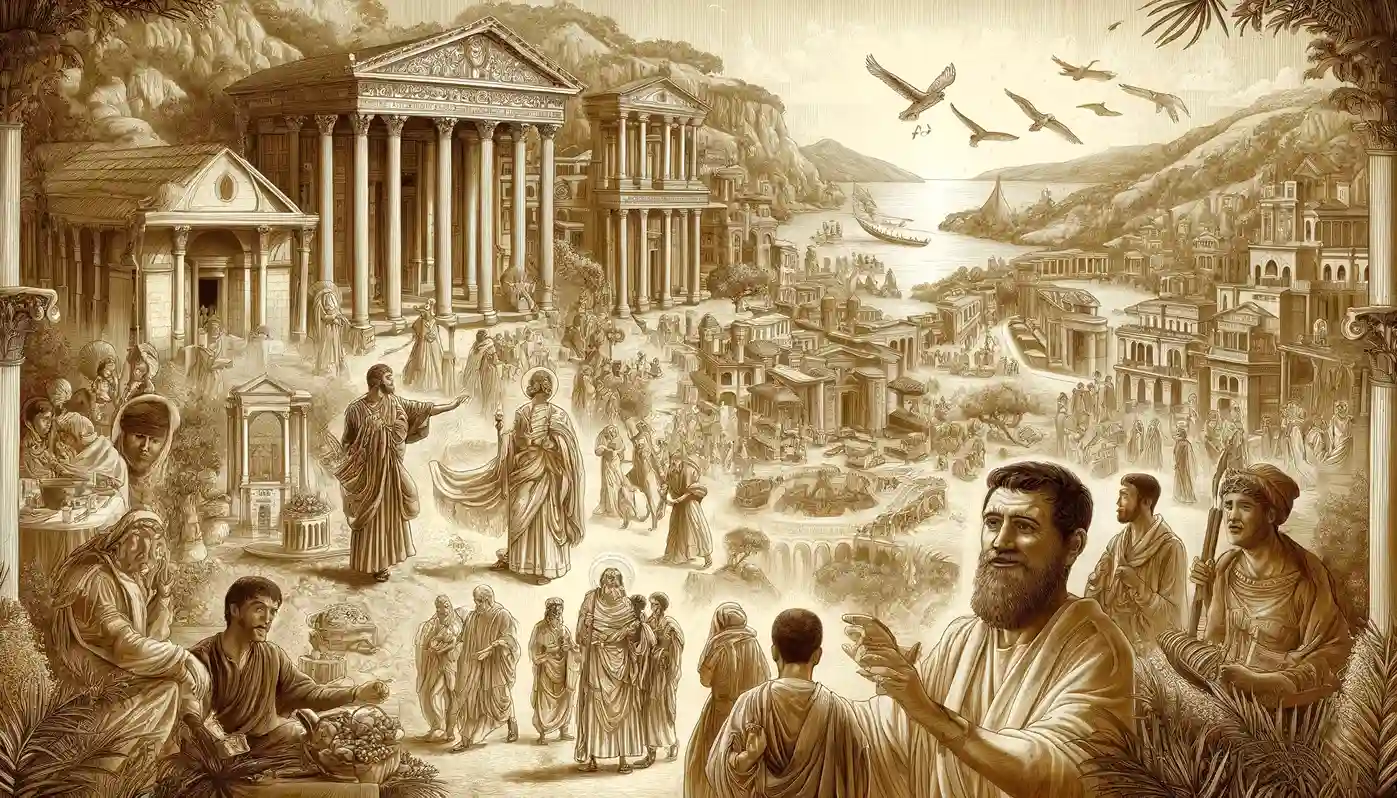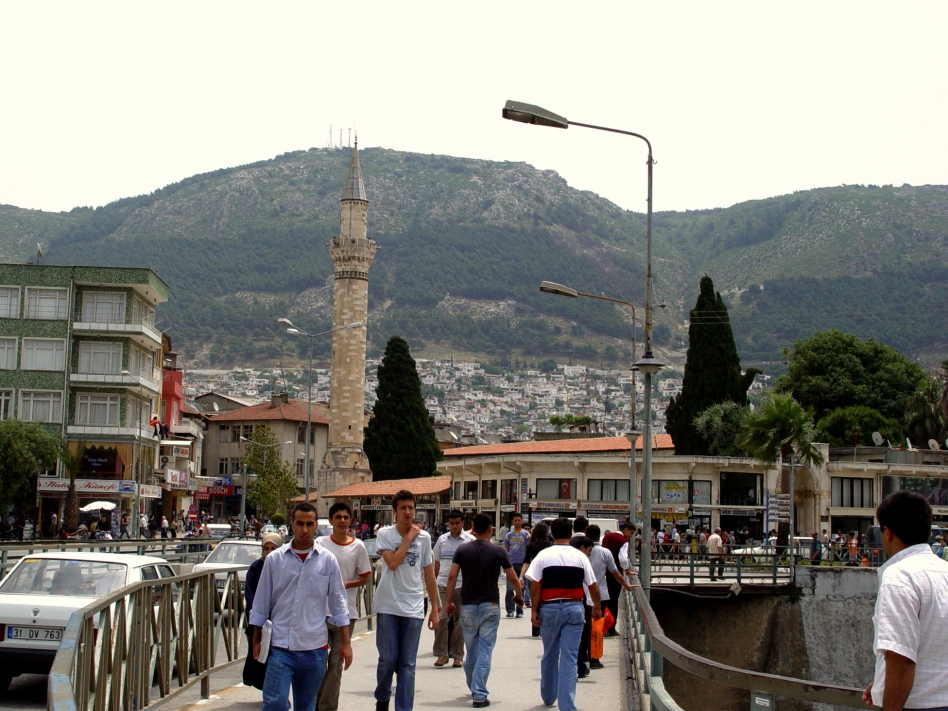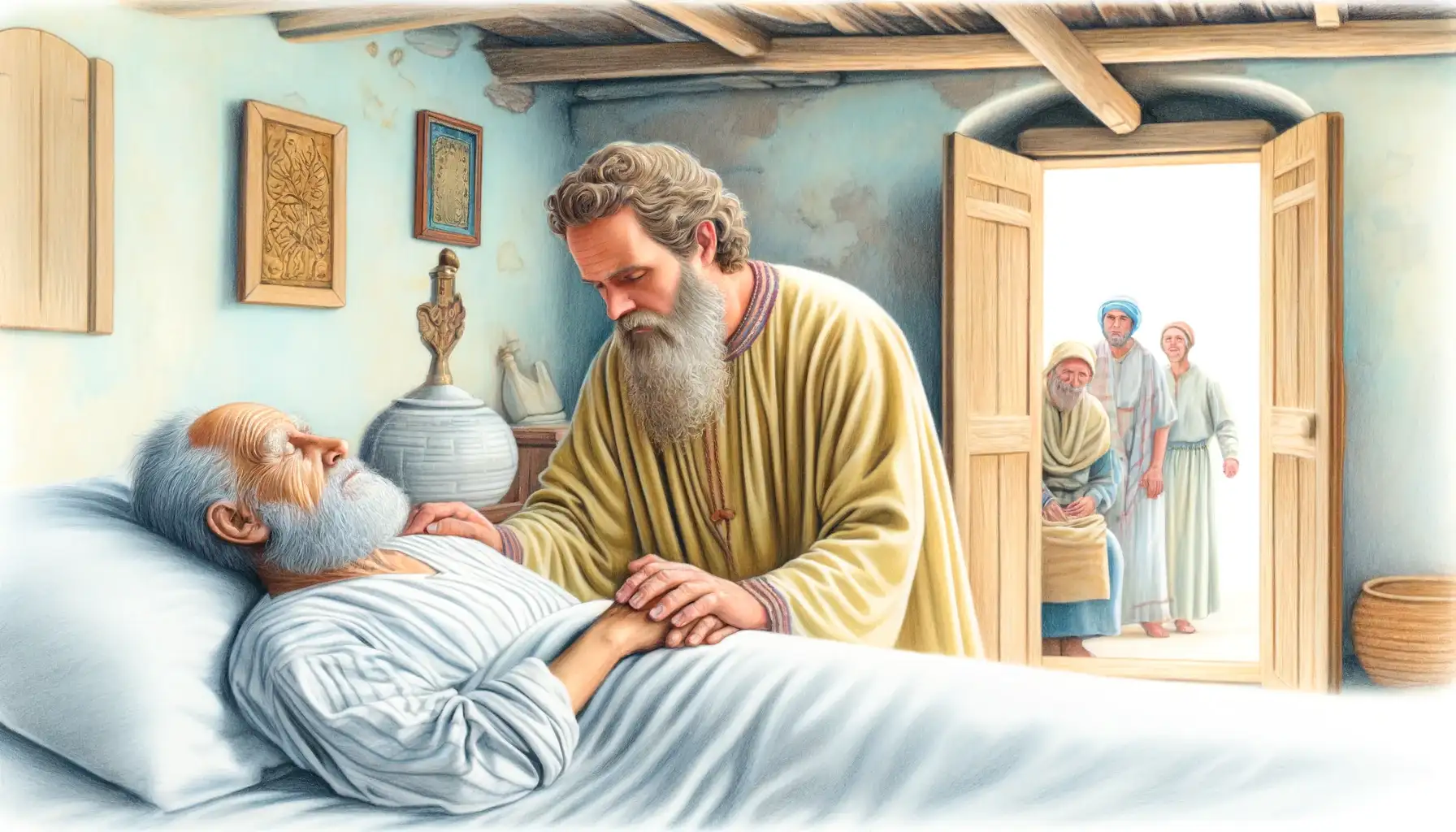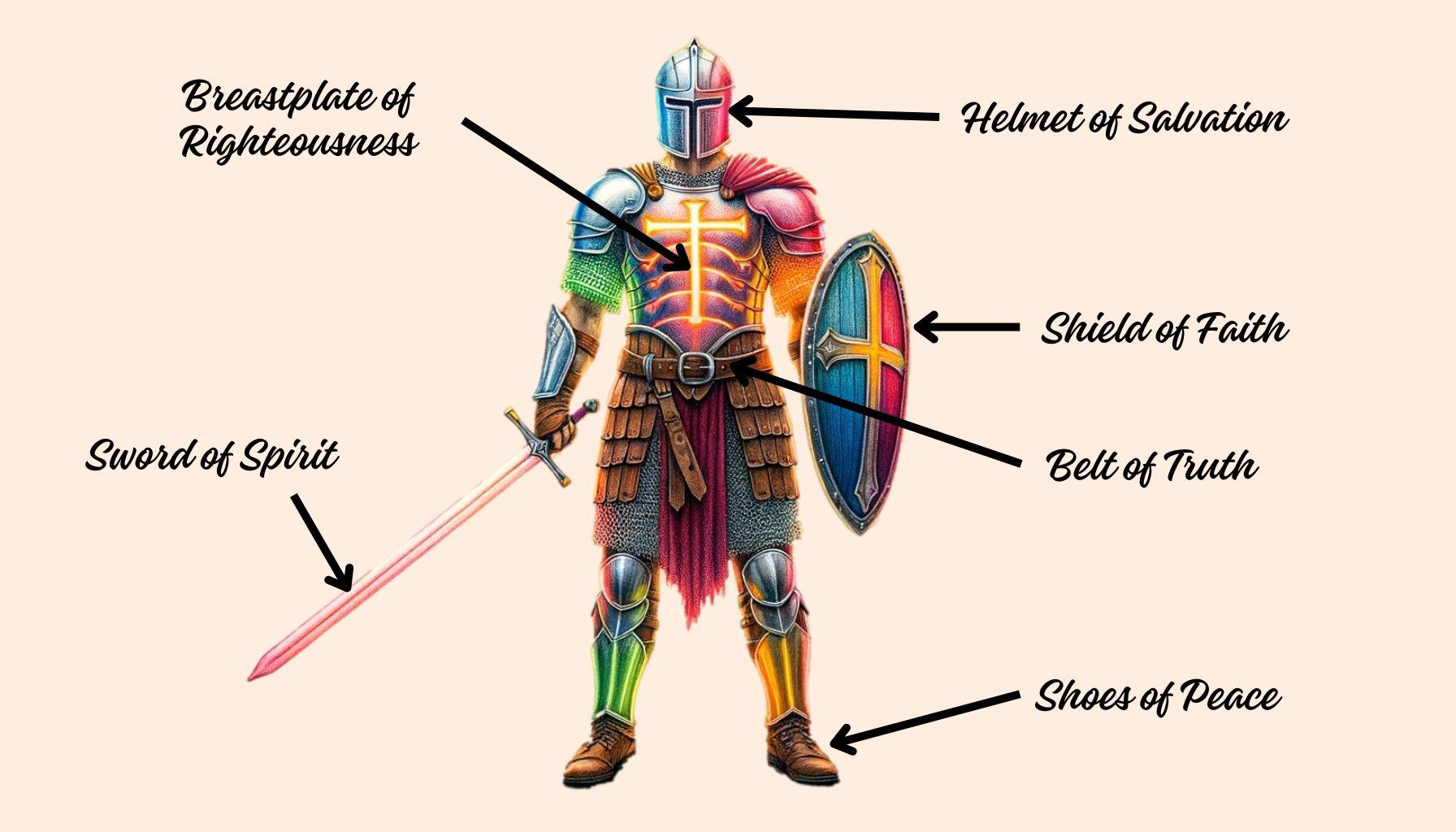Paul’s missionary journeys, spanning from Antioch to cities like Ephesus, Philippi, Athens, and Corinth, were pivotal in the spread of Christianity, marked by his dedication to preaching the Gospel, performing miracles, and establishing strong early Christian communities despite numerous challenges and opposition.
Antioch, known as the “Cradle of Christianity,” was a pivotal city in early Christian history, serving as the first place where believers were called Christians, the launching point for Paul’s missionary journeys, and a key center for the inclusion of Gentiles in the faith, significantly shaping the spread and theological foundations of early Christianity.
The healing of Publius’ father by the Apostle Paul on the island of Malta demonstrated God’s power and mercy, as Paul prayed and laid hands on the sick man, resulting in immediate healing and leading to the recovery of many others on the island, which strengthened the faith of the Maltese people.
The Armor of God, as depicted in Ephesians 6:10-18, encompasses the metaphorical imagery of a Roman soldier’s armor, including the belt of truth, breastplate of righteousness, shoes of peace, shield of faith, helmet of salvation, and sword of the Spirit, to symbolize the spiritual warfare, defense, and readiness required in the Christian life, emphasizing the importance of prayer, divine protection, and spiritual practices based on biblical teachings.




